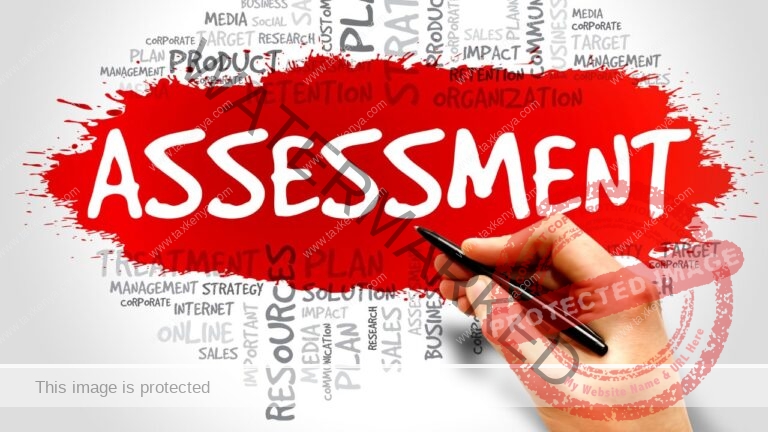There are many offences under the VAT Act. In the following sections, we are going to discuss some of those offences. It is important to note that these are not the only offences. The list keeps on changing.
Registration
Under tax registration provisions, it is an offence for a person to fail to apply for VAT registration when they are qualified to do so.
De-registration
It is an offence for a person to apply for VAT de-registration, which is the removal of VAT obligation from the PIN certificate when they do not qualify.
Personal Identification Number
Currently, the Personal Identification Number (PIN) is the only identification number used for VAT purposes. The VAT obligation is added to the PIN certificate. There are various offences under PIN. It is an offence to use:
a) A false PIN on VAT returns.
b) A false PIN on other documents relating to VAT.
c) PIN of another person (apart from the use of PIN by tax agents on behalf of their clients).
d) Obtain PIN using false or forged documents.
e) Obtain PIN through fraud, deceit, or misrepresentation.
Documents
Under the provision of documents, it is an offence for a person to:
Under the tax returns provisions, it is an offence for a person to:
Pay Tax
It is an offence for a person to:
A tax statement can either be oral or written. However, it is an offence for a person to:
A person commits an offence about a tax period when they.
It is an offence for a person to fail to:
It is an offence when a person
It is an offence when a person aids, abets, assists, incites or induces another person to commit an offence under any tax law. The person is liable for the same sanctions as the offence.
Offences by Officers and Staff of Authority
An authorized officer commits an offence if they contravene the provisions on confidentiality regarding tax matters. An authorized officer includes:
There are various provisions regarding VAT offences by employees, tax agents and companies. Some of the provisions are as follows:
- The Chief Executive Officer (CEO), Managing Director (MD), a director, company secretary, treasurer or other officer in the company.
- Acting or purporting to act as CEO, MD, director, company secretary, treasurer or other officer in the company.
- Offence was committed without the person’s consent or knowledge.
- Person exercised reasonable care to prevent the commission of the offence.
A sanction is a penalty for disobeying a law. There are various sanctions for various offences under the Act. The following are some of the sanctions under VAT:
- Imprisonment for a term not exceeding 10 years or A fine not exceeding kshs 10 million or double the tax evaded (whichever is higher) and imprisonment for a term not exceeding 10 years.
- A fine equal to double the tax evaded or a fine not exceeding kshs 5 million (whichever is higher) or
- Imprisonment for a term not exceeding 5 years orA fine equal to double the tax evaded or a fine not exceeding kshs 5 million (whichever is higher) and imprisonment for a term not exceeding 5 years. Any other offence:
- A fine not exceeding kshs 1 million or
- Imprisonment term not exceeding 3 years or
- A fine not exceeding kshs 1 million and imprisonment term not exceeding 3 years.
Payment of Tax on Conviction
- If a person is convicted for unpaid taxes, the court may order the person to pay full or part amount of the tax in addition to or in substitution of any other penalty.
- Jurisdiction to Try Cases
- Prosecution may be in any place in Kenya where the person is in custody as if the offence was committed in that place. Offences are prosecuted in courts designated to try offences of corruption and economic crimes.
- Prosecution for Offences
Authorized officers representing the Commissioner prosecute case under the direction of the Director of Public Prosecution. The officer has all the powers of a Public Prosecutor.
Tax Payment after Prosecution Any amount of principal tax, penalties and interest still due should be paid despite prosecution.




